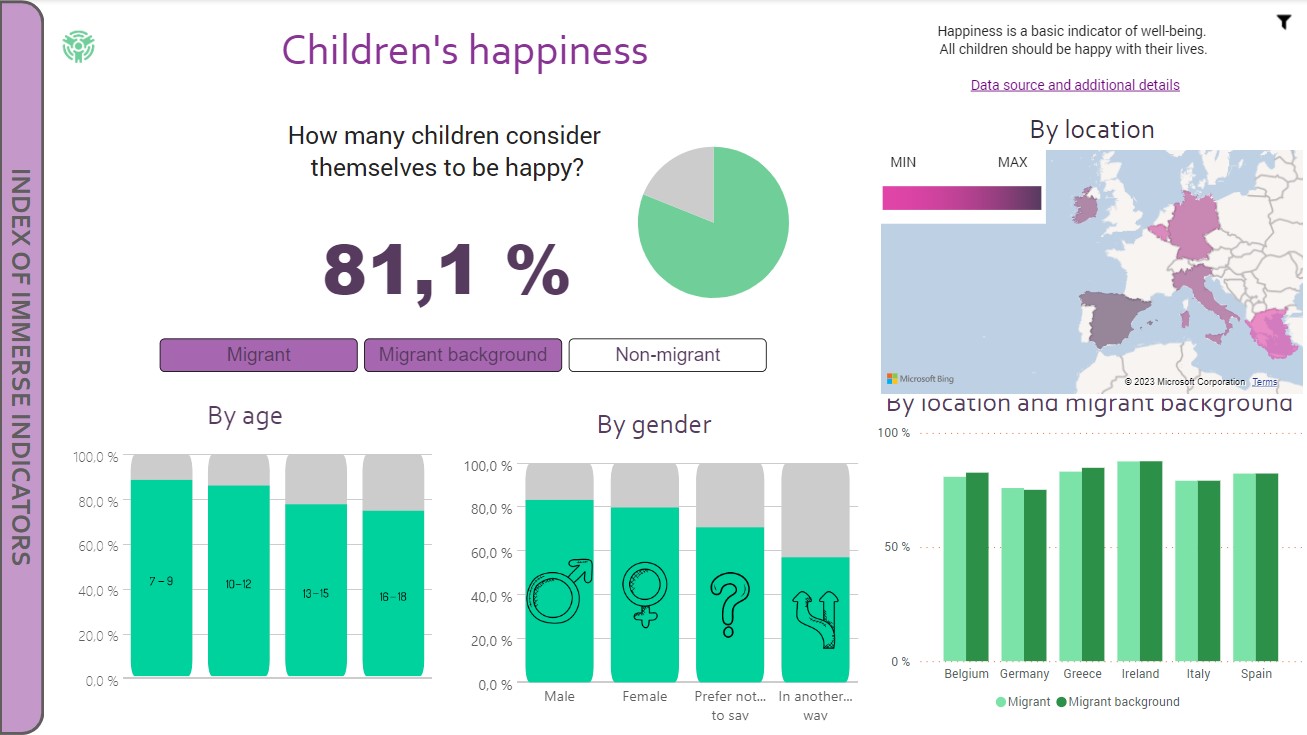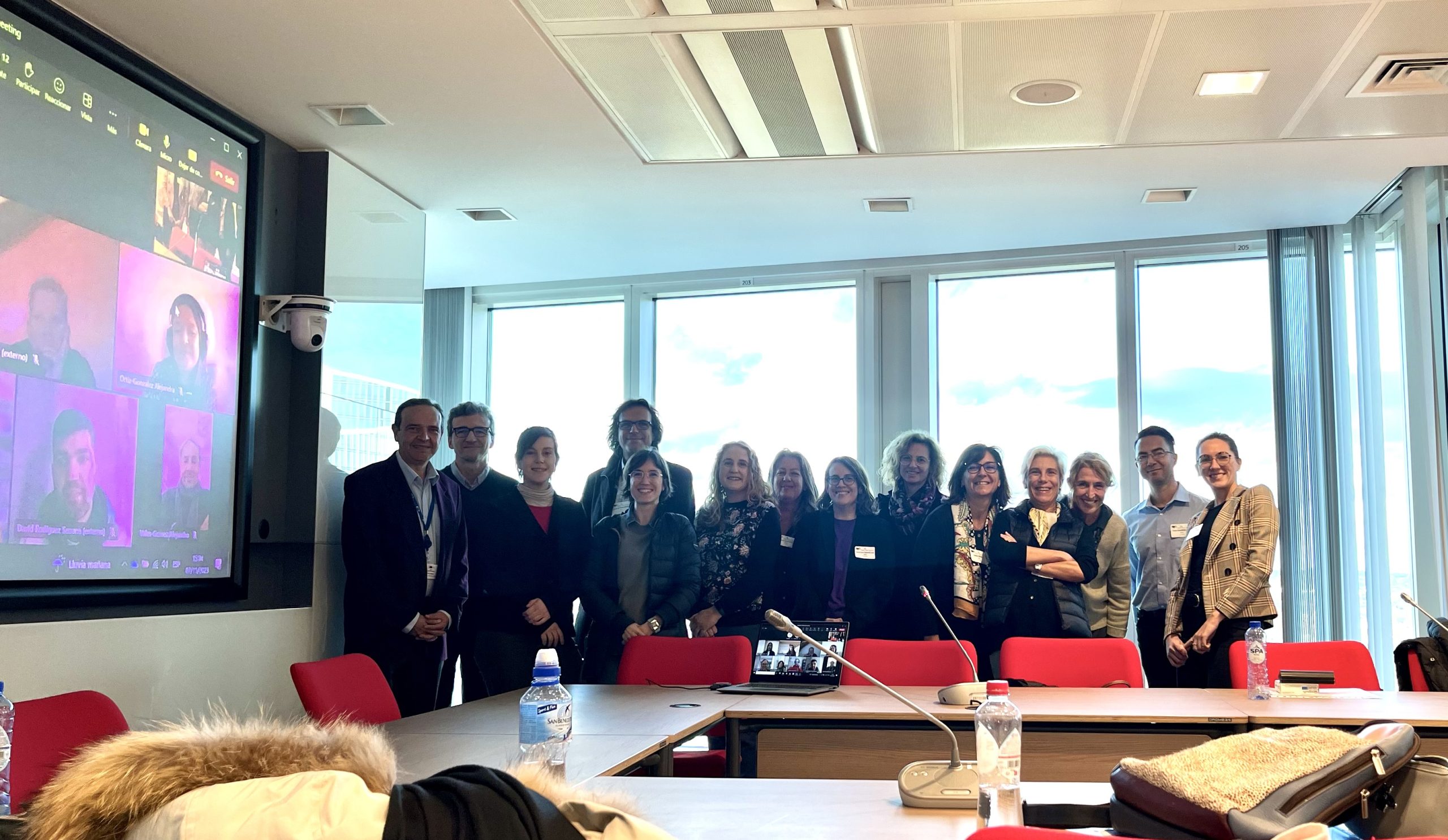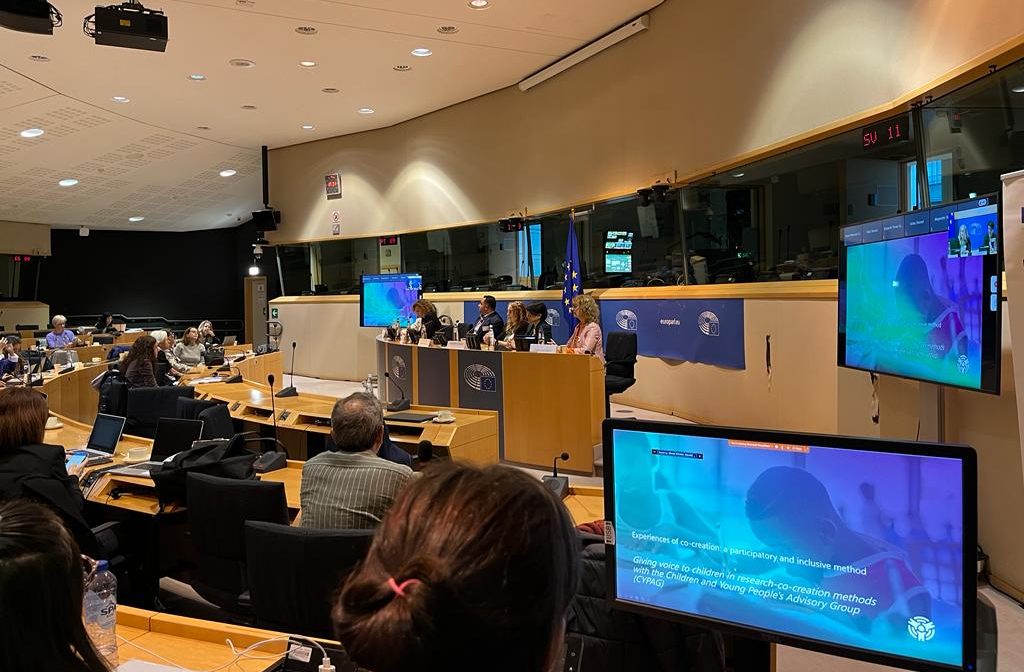Description
The roots of the project go back to Israel in the mid-1970s, when a national tutoring programme was established for school pupils in disadvantaged situations. In the 1990s, the University of Malmö (Sweden) adapted the project to the characteristics of the city. The Näktergalen Project (“nightingale” in English) was set up in the city in 1998 to establish relationships and dialogue between university students and primary school pupils, most of them immigrants. The European Nightingale project emerged from this initiative to include universities and schools from all over Europe. The University of Girona is one of its leading members and there it is known as the “Projecte Rossinyol”. Its general aim is to reduce social exclusion through the implementation of a mentoring project aimed to build one-on-one relationships between university students and adolescent pupils from different cultural backgrounds who are enrolled in schools located in areas with high rates of social exclusion. In Spain, the Rossinyol project began in 2005 at the University of Girona and is currently being carried out in different provinces of Spain such as Barcelona, Tarragona, Guipúzcoa, Navarra and Granada. The project receives economic support from City Councils and in some cases regional government or foundations.
- Children maintain their cultural identity while adopting new cultural values and intercultural competences
- Children's academic skills
- Children's competence in host language
- Children's sense of belonging
- Friends and peers (bridges)
- Friends and peers (support)
- Institutions
Evaluation ex post
Annual reports are produced at each edition and location; nevertheless, the materials are not always available. For the Girona program the report for the last year has been published in Catalan (see link below) and different scientific publications and Bachelor's Degree Dissertations can be found here on the progrram site (see Publications section), mainly available in Spanish and Catalan. After yearly activities, qualitative and quantitative assessments are carried out. The results provided point to impacts on mentees (gain of trust, expansion of leisure and cultural activities, development of their social networks, increase in the use of the local language, enhanced emotional development, improvement in academic performance) impacts on mentors (development of interpersonal skills, increased involvement in social matters and intercultural activities) and impacts on families (greater sense of autonomy and trust towards their children, increased involvement in schools, better sense of belonging in their neighbourhoods). The University of Girona is currently undertaking research about the results of the program but no documents have been further published.
Up to now, project evaluation has mainly been done through qualitative surveys. Currently, the University of Girona is carrying out research to analyse the mentor-mentee conversations. This is done by using a mobile application through which the mentors write about the topics discussed in meetings. This will help determine which topics have the most impact on the youth in their personal growth and which topics interest them.
http://www.projecterossinyol.org/wp-content/uploads/2017/04/MEM%C3%92RIA-JUNY-2019.pdf
Projects’ deliverables
Not available deliverables. The training is carried out in local entities in on-site training sessions with mentors.
Reproducibility
This good practice is a reproduction of the original project in Malmö (see link below) it has been implemented and reproduced in different local settings in Spain.
https://nightingalementoring.mau.se/
Motivation for the submission
The project tackles meso and micro level practices to foster intercultural and linguistic competences, personal well-being, social connections and academic outcomes.



